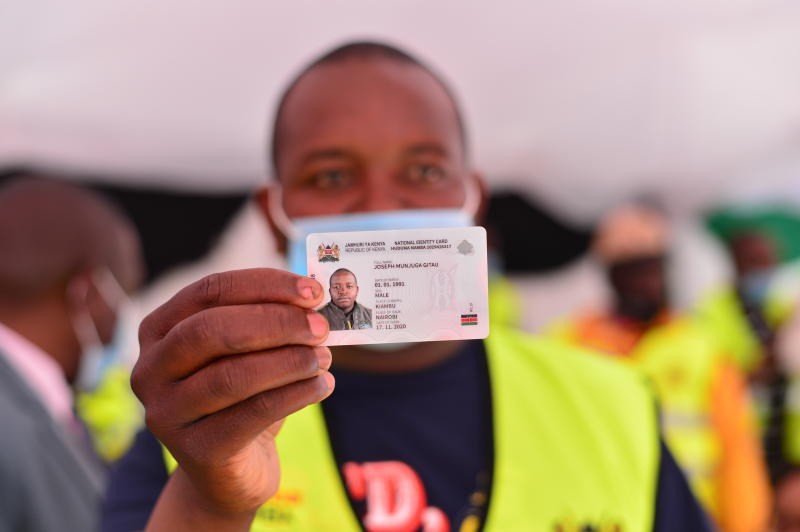The High Court has lifted the orders it had previously issued freezing the issuance of the new-generation identity card, known as Maisha Namba, which is set to be renewed every 10 years.
On Monday, Justice Lawrence Mugambi stated that the government had demonstrated that freezing the issuance of the document would have an adverse impact on applicants.
The judge noted that at least 10,000 Kenyans were applying for the document each day.
“There was thus a clear demonstration that the suspension of registration has very direct and immediate adverse consequences for a large population of people, and the second respondent is able to track and account for such members daily,” he said.
Last month, Justice Mugambi issued a conservatory order halting the implementation of the Unique Personal Identifier (Maisha Namba), the third-generation Maisha Card, the Maisha Digital ID, and the Maisha Database until a new application is heard and decided.
Introduced in 2023 to replace second-generation identity cards, the Maisha Card features a Unique Personal Identifier known as Maisha Namba.
The Haki na Sheria Initiative, a human rights group, had challenged the rollout for the second time, contesting the Kenya Kwanza administration’s move.
- High court blocks Maisha Card implementation
- State to spend Sh1bn on new-generation identification cards
- What is Maisha Namba? Everything You Need to Know
The group’s lawyers, Yussuf Bashir and Summayah Mokku, argued that the government had confirmed plans to mass-collect, process, and issue the UPI and Maisha Digital ID while enrolling the Maisha database. They also raised privacy concerns, noting that the database could potentially be accessed by private firms.
The lawyers criticised the 10-year validity period of the Maisha Card, arguing that those who cannot afford the Sh1,000 renewal fee or Sh300 for first-time applicants might be marginalised.
“The imposition of these costs on citizens, especially considering other concerns, is premature. Refunds will also be challenging if the Maisha ecosystem is deemed unconstitutional,” said the lawyers.
In response, Ministry of Interior lawyer George Ogembo requested that the court lift the orders, contending that over 1.2 million Kenyans had applied for the identification document.
Maisha Namba will be similar to the birth certificate number, which will apply for registration in learning institutions and service providers like the Social Health Insurance Fund that replaced NHIF.
At 18 years, one shall have an access to services offered by the Kenya Revenue Authority and the National Social Security Fund.



